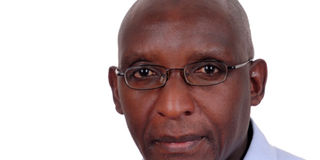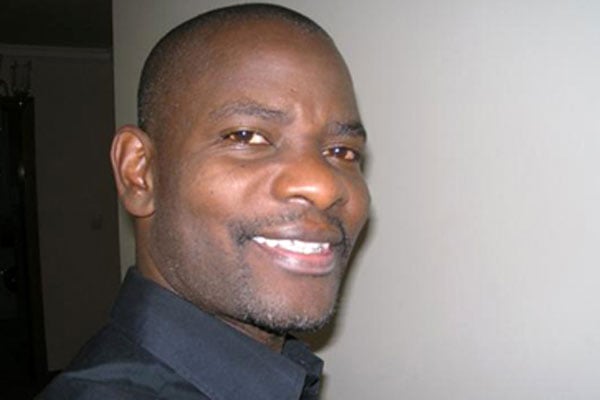Prime
Why Museveni won’t let Muhoozi rule Uganda

Dr Okodan Akwap is a lecturer at Kampala International University.
What you need to know:
- Still, Muhoozi is a “made” man, not a “self-made” freedom fighter. What defines Muhoozi’s struggle?
Gen Muhoozi Kainerugaba was born on April 24, 1974. He is now 48 and as excited about his birthday as a teenager would be. But what did he do when he was 13, 16 or 19? Did he catch a snake by the tail? Did he break clear from his competitors to win the 100-metre dash in a packed stadium? Did he captain some team? Did he climb a mountain? Did he start a project? Did he rescue some toddler from harm?
There are a whole lot of questions I can think of but can’t say because I have not been lucky to find much about the man who his friends describe as their “next president.” I have heard and read so many wonderful things that were said about Muhoozi, as he led the nation in celebrating his 48 happy years, but the words attributed to his “uncle” from Rwanda should be put in some kind of textbook.
“Forty-eight years means he has been here for some time but also means he is still very young. The question is how he has lived his time and how he intends to use his remaining time,” President Paul Kagame reportedly said at the State House dinner.
How indeed has Muhoozi lived his time, especially as a boy? What did he do to mark him out as a future leader? Not even his father has told us much about this beyond hailing the boy’s birth as “a gift to the freedom fighters” of the early 1970s. “Muhoozi was a gift for us in our young days of the struggle,” our President reportedly said. Contrast Muhoozi’s “invisible” years as a young man with Museveni’s outstanding brand as a student leader, a religious leader in the Scripture Union, an ideological leader following the “correct line” in the national politics of the 1960s, and a freedom fighter against “dictatorship.”
These are attributes Museveni falls back on to festoon his longevity in power. He has been in “the struggle” from as early as the period shortly after Uganda’s independence in 1962. He was not even 20! When the President cites examples of communities in parts of western Uganda that successfully fought poverty, he likes to let us know that these are the people who heeded his call of the 1960s. It means that those people are well-off today not because the President, who has ruled Uganda from nearly four decades, comes from their neighbourhood; rather it is because they were lucky to be organised by a boy called Yoweri Museveni.
A teenager! A student leader! A born visionary! Why is the President’s self-portrayal as a born leader significant in these particular times? My view is that many Ugandans don’t understand Museveni. Museveni prioritises his role as a “freedom fighter” in “the struggle.” That is where he sees the source of his power. Period. That’s why Ugandans, according to Museveni, are enjoying the kind of peace and security that eluded Uganda for a whole 500 years!
Freedom fighters, in his view, are the chosen few. Clearly, if you dissect some of Museveni’s statements, you will come to the conclusion that the definitive chapter of his life was not the military triumph of NRM in 1986. That chapter was written in the 1960s when he yearned – perhaps vowed – to lead Uganda at some point. What is my point? Museveni is a good father. He has favoured his son with the fruits of state power. No one else has raced through the ranks of the army as Muhoozi has. No other soul is free to say or tweet the first thing that comes to mind. None, whatsoever.
Still, Muhoozi is a “made” man, not a “self-made” freedom fighter. What defines Muhoozi’s struggle? Tweeting and counting political upstarts among his friends? Museveni sees a problem with handing over power to such people. What would such people do with power, anyway? Is there a genuine “Muhoozi project?” I don’t think so. As I hinted in these pages before, Museveni may be in his 90s before he considers stepping aside. Only then can we get some idea of the mysteries stashed away in the inner sanctum of this freedom fighter’s mind. But he could surprise us in 2026.
Dr Akwap is an associate consultant, Postgraduate Diploma in Journalism and Communication Management, UMI.




